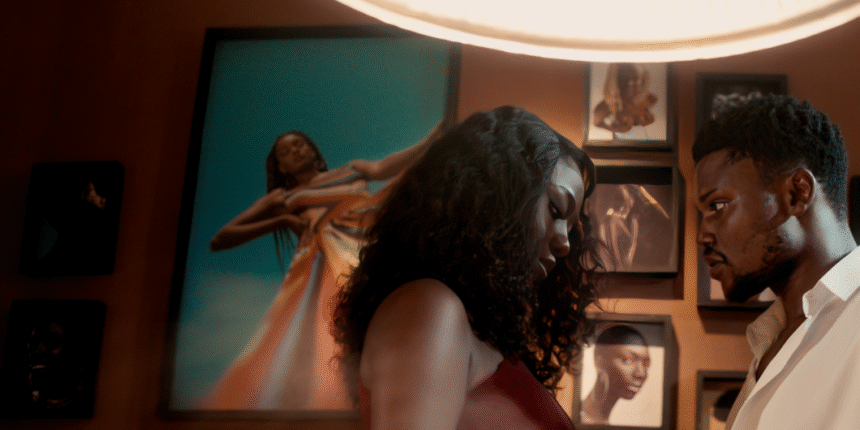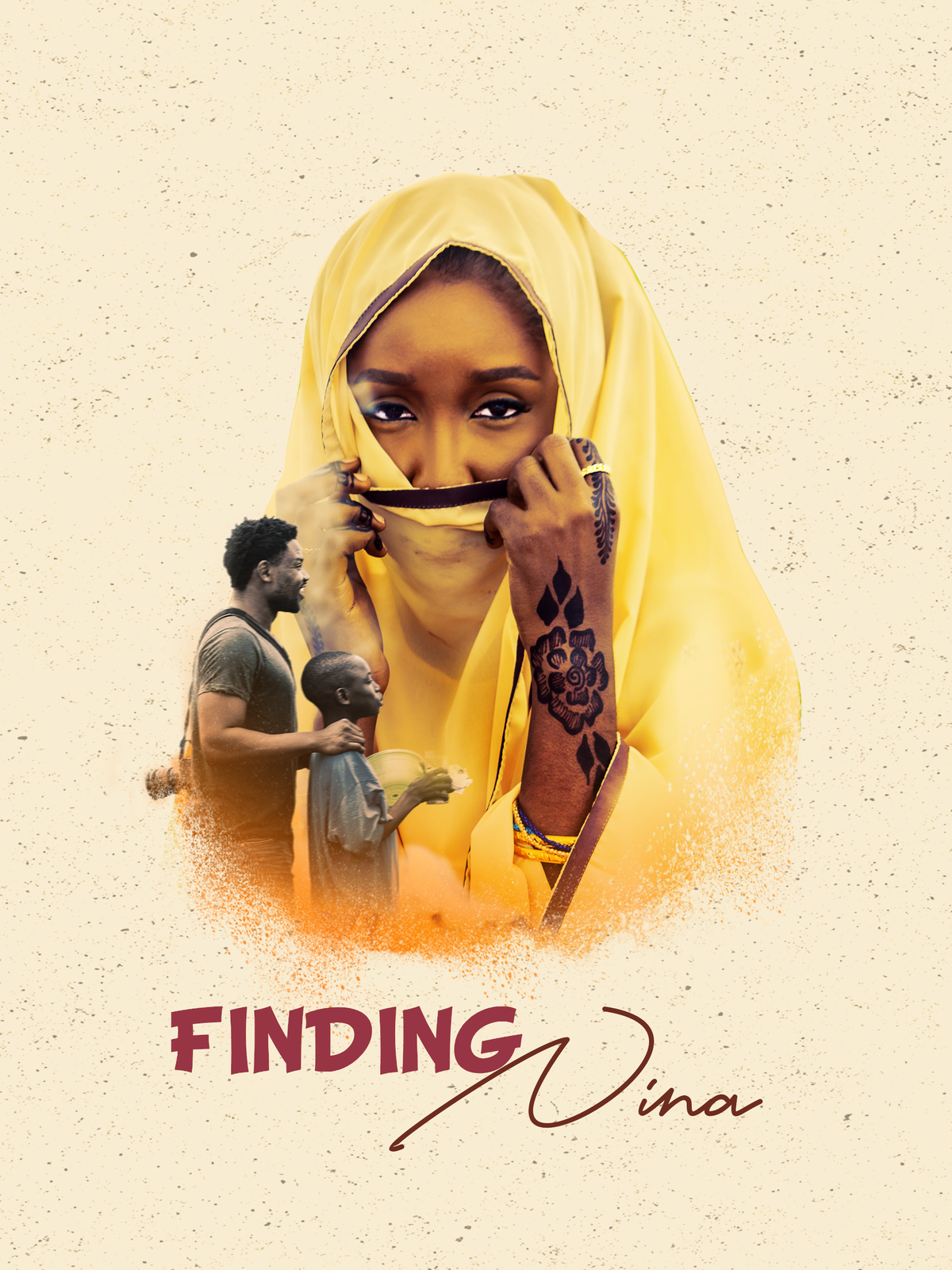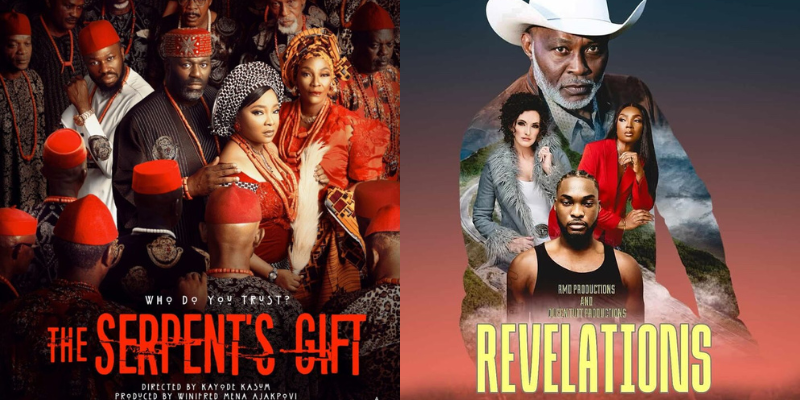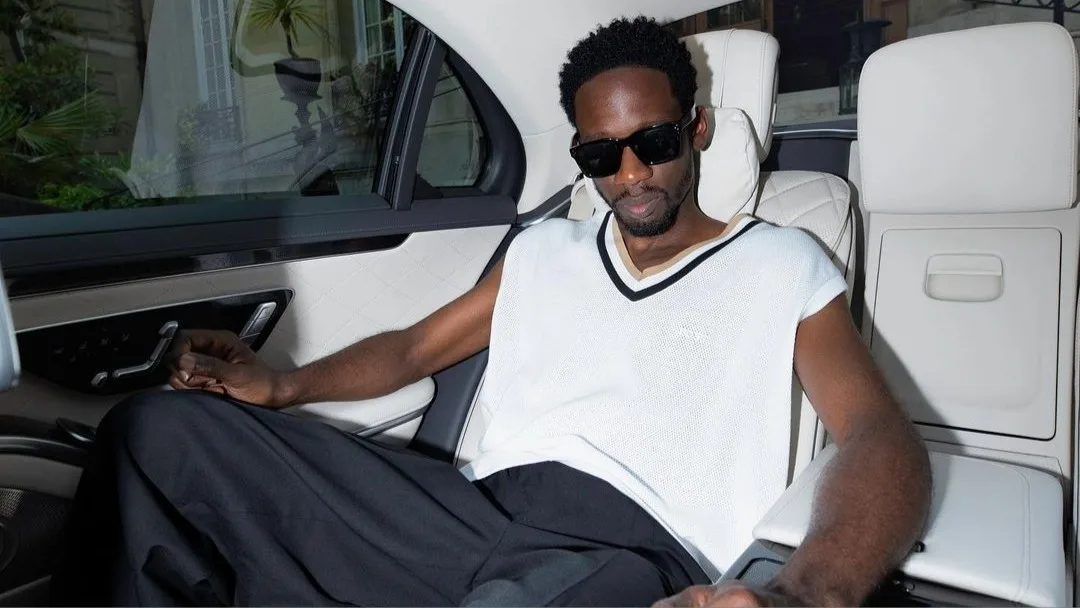In Finding Nina, directed by the Famous Odion Iraoya, we follow the story of JB, a renowned photographer who returns to his hometown in Northern Nigeria. What begins as a quest to capture authentic images of his roots evolves into a profound journey of self-discovery and rekindled love.
The film, released on August 8, 2025, on Prime Video, offers a visually stunning and emotionally resonant narrative that intertwines personal history with cultural heritage.
Plot
In 1999, young Jabir (JB) discovers his passion for photography, a gift nurtured by his father, a herdsman. One day, he captures an image of a girl named Nina, a moment that imprints itself on his heart and mind. Years later, JB has become a celebrated photographer in Lagos, working alongside Raya, the owner of a prominent gallery. Raya harbours unspoken feelings for JB, feelings that remain unreciprocated as JB remains fixated on his art and the haunting memory of Nina.
JB grows increasingly uncomfortable with the gallery’s portrayal of Northern Nigeria as primitive and suffering. Seeking to present a more authentic narrative, he returns to his hometown to capture images that reflect the region’s true spirit. Upon arrival, JB meets Abdul, a spirited young boy who becomes his guide through the village’s picturesque landscapes. While photographing the local scenery, JB spots a woman in a red veil and, upon closer inspection, realises she is Nina, the girl from his childhood photograph.
Determined to reconnect, JB seeks out Nina, discovering that she is now engaged to another man. Despite this, their shared history and lingering affection reignite, leading to a complex emotional entanglement.
Back in Lagos, Raya becomes increasingly frustrated with JB’s prolonged absence and lack of communication. Her jealousy intensifies upon learning of JB’s renewed connection with Nina. In a moment of anger, she cuts ties with JB, prompting him to reflect on his relationships and the choices he’s made. JB promises Nina a new life in Lagos, envisioning a future together.
However, as he grapples with his emotions and the consequences of his actions, he realizes that he must first find himself before he can truly be with someone else.
Cast
One thing Finding Nina got so right was the casting. The lead character, JB, played by Abdulazeem M. Ibrahim, wasn’t a typical Nollywood face, which actually worked beautifully in the film’s favor. At first, his performance might confuse you. You’re not sure if he’s underplaying the role or simply lost in the character. But by the end, you realize it’s intentional.
Nina, portrayed by Ijapari Ben-Hirki , embodied that warm, grounded girl-next-door charm. Raiya was played by Tomi Ojo, was the complete opposite—polished, passionate, and completely unaware of the emotional wreckage she was causing around her.
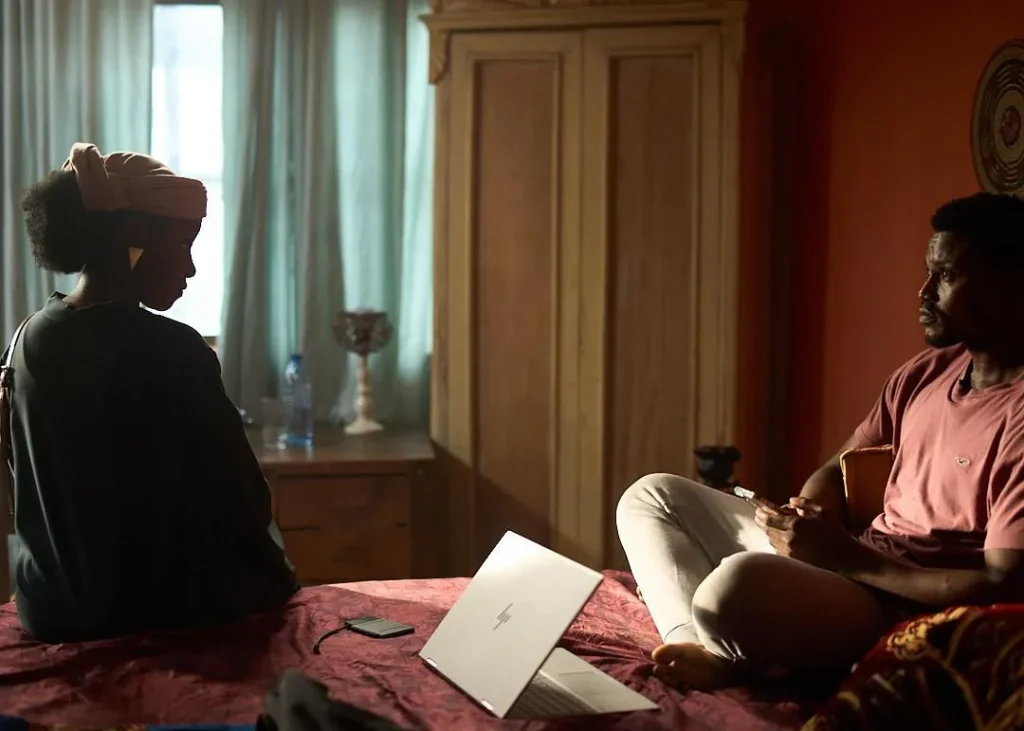
Gbenga’s role, though small, was smartly cast with Olugu Devine Udoka, who brought just the right dose of charm and threat. But the scene-stealer? Ahmad Isa, the child actor who played Abdul. Hands down, one of the most compelling performances in the film. He gave the role life, mischief, innocence, and purpose, all without overacting. If there’s one person we should all be watching for in the future, it’s him.
Language
The film dances beautifully between English and Hausa, blending both languages in a way that doesn’t alienate either speaker. It feels authentic to the setting, and you don’t even need translations to understand the emotions behind the words.
Final take
One of the most unforgettable elements is the cinematography by Da’ Anong Gyang. Every frame is intentional. What JB sees through his camera, we see through the screen. It’s not just beautiful; it’s expressive. The tone, the light, and the stillness of the shots – they all speak. The visuals didn’t just accompany the story; they told the story.
This is not a film that tries too hard. It’s gentle. It’s subtle. And that’s what makes it memorable. A movie that doesn’t scream for attention but leaves a lingering warmth long after it ends. Quietly brilliant.







